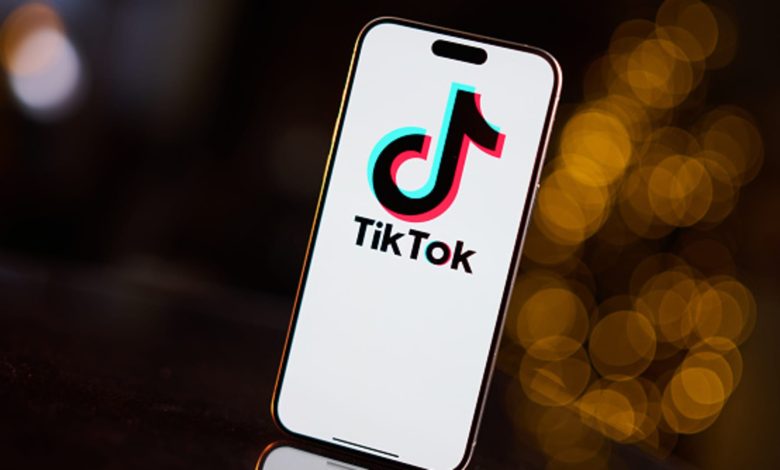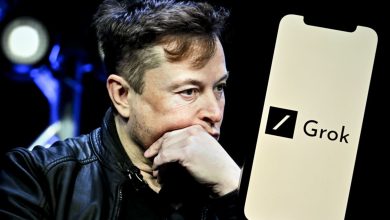TikTok turns to meditation as it battles lawsuits and criticism

Jaap Arriens | Nurphoto | Getty Images
Plagued with allegations and lawsuits of harming users’ mental health, especially that of children, social media sensation TikTok has decided to turn to meditation — or, rather, guide its users to the calming effects of deep breathing.
TikTok said Thursday that it was launching in-app guided meditation exercises and other well-being features aimed at young users.
The company, owned by Chinese tech giant ByteDance, said it began testing the new meditation exercises with select teens earlier this year and will now make them available to users of all ages.
TikTok said that the meditation feature, aimed at improving sleep quality, is triggered during “sleep hours” and will be turned on by default for users under the age of 18.
If these young users are on the app after 10 p.m., their “For You” feed will be interrupted by the guided meditation exercise. If a teen continues to use TikTok after the first reminder, the company will show a second full-screen meditation prompt.
The meditation app was teased earlier this week along with other features, such as new educational feeds, online safety tools and enhanced parental controls over screen time.
TikTok’s recent focus on promoting healthier digital habits for young users comes amid public pressure and a slew of lawsuits concerning the platform’s impact on young users.
A bipartisan group of more than a dozen state attorneys general last year filed lawsuits against TikTok related to the app’s effects on young users.
One such suit from Attorney General Brian Schwalb of the District of Columbia alleged that TikTok was intentionally addictive and psychologically damaging to kids, posing profound risks including depression, anxiety, sleep loss and body dysmorphia.
A TikTok spokesperson previously told CNBC that the lawsuit ignored proactive measures that the platform has voluntarily implemented to support community safety and well-being.
Social psychologists have also advocated banning the app, warning that TikTok and other social platforms can cause mental health issues for children, adolescents, and young adults.
The social media platform briefly went offline in the U.S. in January, after the Supreme Court upheld a law to ban it unless its Chinese parent company ByteDance sold its stake in the app.
However, U.S. President Donald Trump used an executive order to keep the platform running, and again delayed the enforcement of that ban last month. Its long-term status remains undecided, with ByteDance’s new deadline to divest set for mid-June.
While Congress’s ban of TikTok has been focused on the app’s Chinese ownership and data and privacy concerns, governments have also begun to target TikTok and other social media over their perceived ill effect on young users.
In November, Australia’s parliament passed a bill banning social media platforms from allowing users under 16 to access their services, threatening fines of up to AU$ $50 million (£22.2 million).
In the U.S., TikTok says that users must be at least 13 years old to create an account, though there is a separate under-13 TikTok experience that offers additional safeguards.
The Justice Department and Federal Trade Commission filed a civil lawsuit against TikTok and ByteDance in August, accusing them of collecting personal information from children under the age of 13 and having insufficient policies and processes for identifying and deleting accounts created by children.
TikTok and ByteDance didn’t immediately respond to requests for comments.
On Thursday, TikTok said it was also making a $2.3 million donation in ad credits to 31 mental health organizations in 22 countries around the world as part of its “Mental Health Education Fund.”



